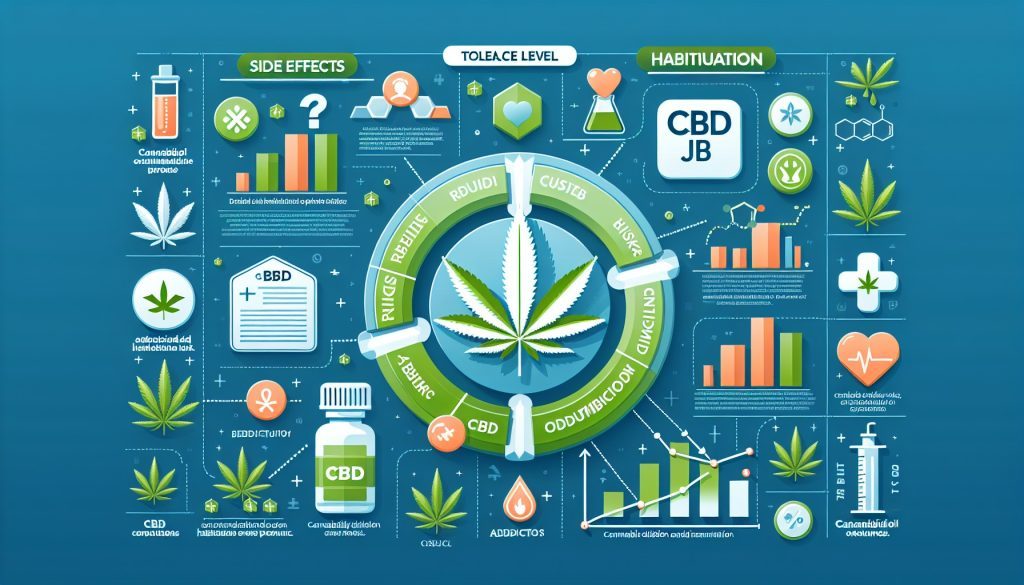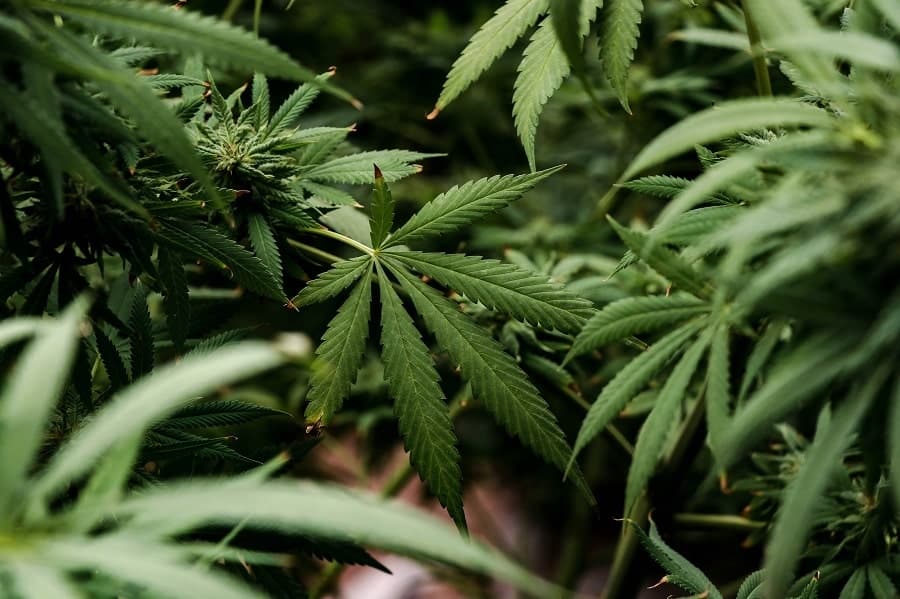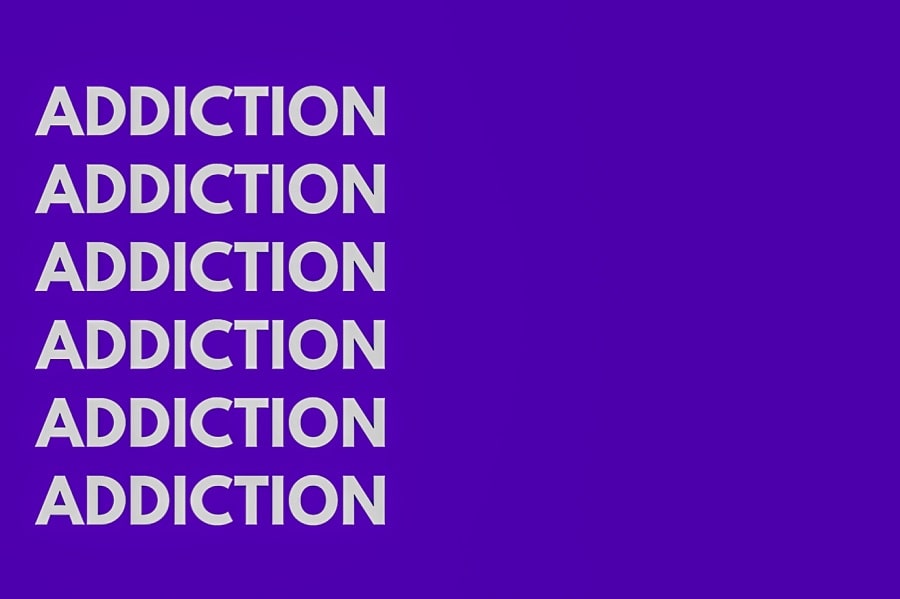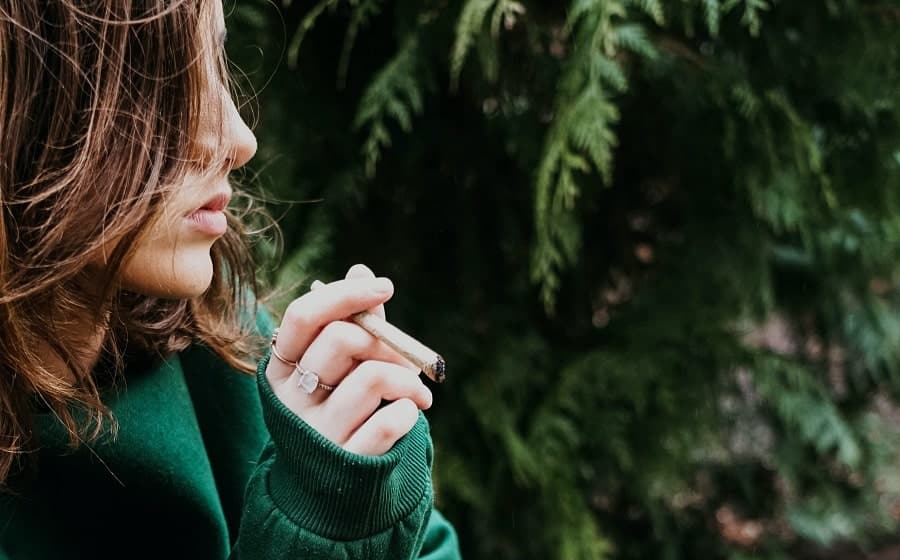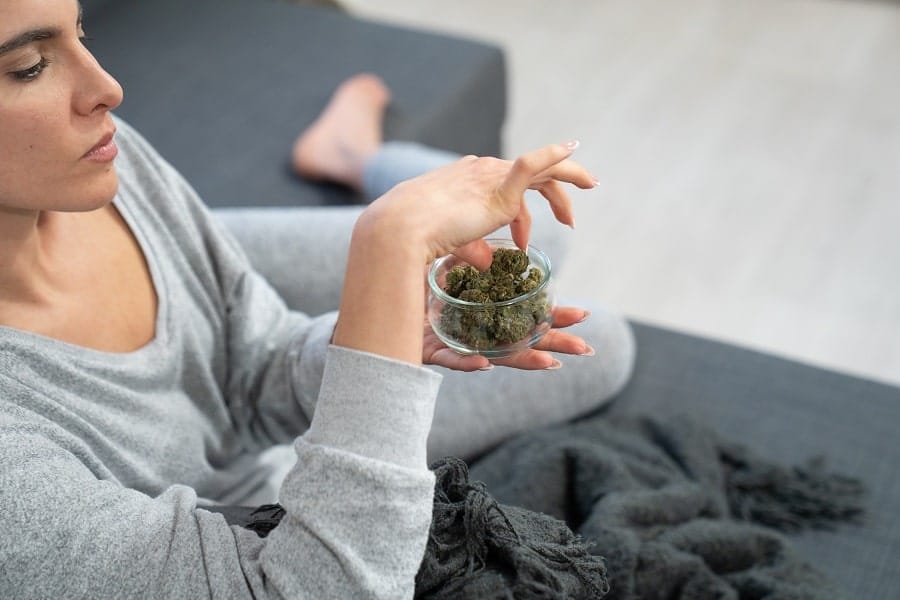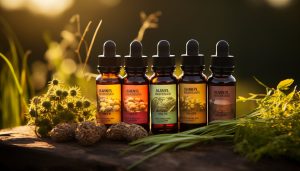CBD is extracted from cannabis. Cannabis is addictive. So CBD would be addictive? This is a fine example of sophistry that takes such a daring shortcut that it ends up at the wrong destination.
However, if cannabidiol is not addictive, this does not necessarily mean that it is not possible to develop a certain CBD addiction. These are complicated terms! Weedy.fr comes back for you on the definitions and nuances between addiction, dependence, habituation and tolerance.
In a few minutes you will be fully reassured on the consumption of CBD and will know the mistakes not to make to maximize its virtuous effects!
Sommaire
ToggleCBD Addiction Vs. CBD Addiction: Definitions
Whether we are talking about CBD or any other substance, habituation and addiction are two concepts certainly linked to addictive behaviors, but very distinct.
Addiction to CBD
Addiction, or tolerance, occurs when the body gradually becomes accustomed to the effects of a particular substance or activity, resulting in decrease in initial response. In the case of cannabidiol, this means that, over time, a larger quantity is needed to achieve the same effect as before.
Addiction to CBD
L’addiction is a more complex condition which involves a psychological and physical dependence to a given substance or activity. It is characterized by a loss of control over consumption or practice, compulsive behaviors and inability to stop despite negative consequences.
Addiction can have mental, physical, social and emotional health implications of the person concerned. For example, a person addicted to drugs will have a compulsive urge to use the substance, even if it causes health problems, relationship difficulties, or legal problems.
No, CBD is not addictive
If CBD sows so much doubt, it is because it is extracted from hemp, a plant also known as Cannabis L.Sativa. But cannabis gets you high and is addictive, right? Well it’s not that simple. For a long time, cannabis was purely and simply prohibited from consumption and marketing. In recent years, however, we have found more and more derivative products based on CBD.
Rest assured, if they are so easily found on online stores like Weedy.fr, in some pharmacies and even on the shelves of our supermarkets, it is because CBD is 100% legal.
Thanks to modern agro-food techniques, there are indeed many varieties of cannabis rich in CBD and devoid of THC. It is in fact this other cannabinoid which is addictive and has given cannabis a bad reputation. Today, the law authorizes varieties with a THC level of less than 0.3%. It is these varieties which are used for the extraction of CBD that we find from sellers like Weedy.fr. Other varieties remain prohibited and generally called marijuana rather than hemp.
In summary:
- THE THC is a narcotic which presents a risk of addiction and whose level cannot exceed 0.3% in legal products.
- If it is perfectly legal and freely marketed, it is in particular because a CBD addiction is not possible.
On the contrary…
CBD against addiction?
There are preliminary research suggesting that CBD could help combat certain forms of addiction. Some animal studies and others on humans have suggested that CBD could reduce withdrawal symptoms linked to certain addictions, including those to cannabis.alcohol, nicotine or THC. It could therefore notably help to stop smoking more easily, including cannabis.
What does becoming addicted to CBD involve?
Although CBD is not addictive, it can nevertheless cause a certain amount of addiction, i.e. tolerance. This is not serious in itself and does not preventstop taking cannabidiol effortlessly especially if the desire or need arises.
Two important elements should be highlighted:
- We all react differently to CBD (this is the law of effect) and each person therefore has a more or less significant tolerance threshold for the substance.
- Our organizations are constantly adapting their tolerance thresholds to the products to which they are exposed. This is true for CBD, but also for other plants, for medicines and even for totally trivial products like spicy food!
Concretely, addiction to CBD has few implications, mainly linked to the need to increase the useful dose:
- In some people, increased risk ofside effects (pasty mouth, headaches and intestinal disorders mainly).
- Budget increase (you need either more product or a higher concentration to achieve the same effects as before).
Apart from that, there is no particular danger.
Finally, it is interesting to note that, in everyday language, we sometimes hear aboutnegative addiction andpositive habituation, depending on whether the modification of our tolerance threshold is beneficial or not to our health. In practice, however, these terms have not no scientific or medical value and are therefore only slightly representative.
How to avoid getting used to cannabidiol?
Although addiction to CBD is considered much less pronounced than that to its cousin THC, it remains interesting to control the quantities consumed. Here’s how to achieve it:
- Do not force the dose : respect the dosages recommended on the product, starting with a low dosage and gradually increasing if the need arises (see our tips for properly dosing your CBD).
- Do not systematize your consumption: it is not dangerous to take CBD every day. However, if you don’t need it, you can definitely take a break for a few days, weeks or months.
- Vary the shooting methods : if you use CBD in different forms (oils, flowers, infusions, resins, etc.), try to vary the shooting methods. This can help avoid constant exposure to the same doses and slow down addiction.

